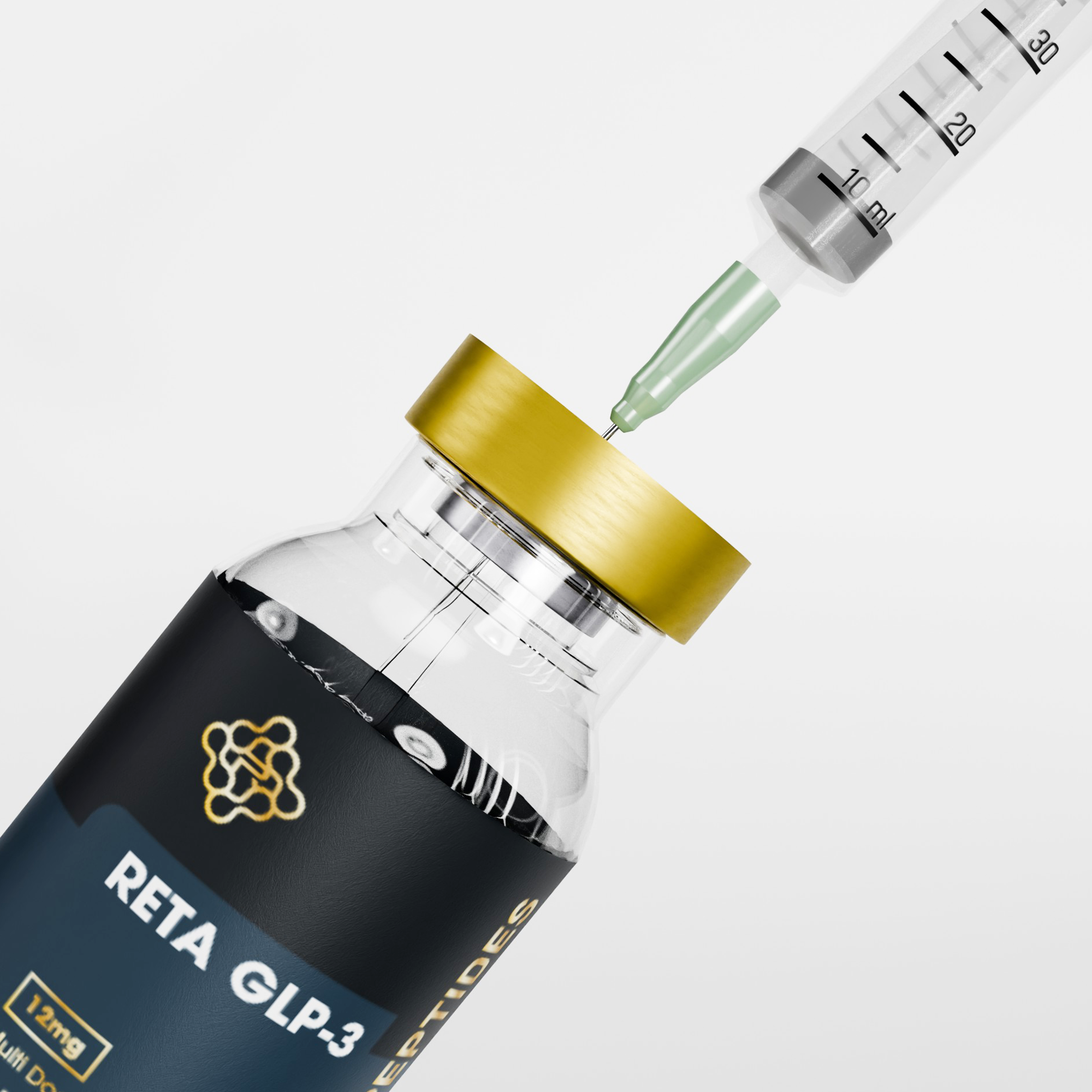News
How to Store Research Peptides: Temperature Guide
How to Store Research Peptides: Temperature Guide Storing research peptides correctly is critical to maintaining their stability and ensuring reliable research results. Here's what you need to know: Lyophilized Peptides: Store at room temperature for short-term use, refrigerate at 39°F...
5 Key Factors in Peptide Purity Testing
5 Key Factors in Peptide Purity Testing When it comes to peptide purity testing, precision is everything. Impurities, even in small amounts, can skew research results, waste resources, and compromise safety in clinical applications. Here’s what you need to know:...
Lyophilized vs Liquid Peptides: Lab Comparison
Lyophilized vs Liquid Peptides: Lab Comparison When deciding between lyophilized and liquid peptides for your lab work, the right choice depends on your specific needs. Here's a quick breakdown: Lyophilized Peptides: These are freeze-dried into a stable powder, offering long-term...
Research Peptide Handling: Safety Checklist
Research Peptide Handling: Safety Checklist Handling research peptides requires strict safety measures to protect researchers and ensure accurate results. These peptides, labeled "Research Use Only" (RUO), are not for human consumption or clinical use but play a critical role in...
What Are Metabolic Research Peptides?
What Are Metabolic Research Peptides? Metabolic research peptides are short chains of amino acids that act as key signaling molecules in the body. They regulate critical processes like metabolism, immune function, and neuroendocrine activity. These peptides are widely used in...
How to Reconstitute Peptides for Lab Use
How to Reconstitute Peptides for Lab Use Reconstituting peptides is the process of dissolving lyophilized peptides into a solution to prepare them for laboratory experiments. This step requires precision to maintain peptide stability, avoid contamination, and ensure accurate results. Here's...
Top 7 Cognitive Research Peptides in 2025
Top 7 Cognitive Research Peptides in 2025 Peptides are transforming cognitive research by targeting specific neural processes like memory, learning, and neuroprotection. In 2025, seven peptides stand out for their potential in laboratory studies: Semax: Modulates neurotransmitters and boosts BDNF...
Peptide Degradation: Prevention Methods
Peptide Degradation: Prevention Methods Peptides are delicate molecules prone to degradation, which can ruin experiments and waste resources. To maintain their stability, you need to address factors like storage, handling, and chemical vulnerabilities. Here's a quick summary of the key...
Complete Guide to Peptide Synthesis Methods
Complete Guide to Peptide Synthesis Methods Peptide synthesis is a critical process in biomedical research and drug development, offering precise control over biological pathways. With over 60 peptide-based drugs approved in the last 20 years and a market projected to...










